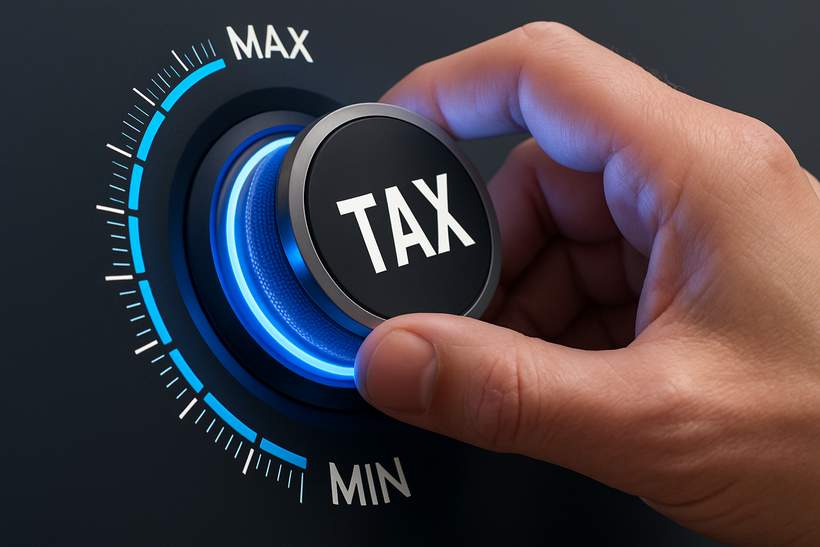Dutch Gambling Regulator Admits New Tax Policy Has Undermined Sector Revenue

Impact of Increased Gambling Tax in the Netherlands
On August 5, the Netherlands Gambling Authority (KSA) confirmed that raising the gambling tax rate to 34.2% has failed to boost government income. Since the new tax rate was introduced on January 1, 2025, both online and land-based gambling revenues have dropped, indicating a negative financial impact on the sector.
Challenges Faced by Gambling Operators
KSA Chairman Michel Groothuizen explained that recent efforts to strengthen player protection have made business conditions tougher for gambling companies. This has led to an overall decrease in gambling revenue and, consequently, a reduction in tax income from the sector. Groothuizen highlighted that the regulator had previously cautioned that the tax hike might produce these outcomes.
He stressed that measures focused mainly on increasing government revenue through taxation are at odds with the goal of enhancing player safety. For the future, ensuring a secure and regulated gambling market requires solid and responsible operators supported by a financially healthy legal framework.
Revenue Shortfall and Market Reaction
The Dutch trade association VNLOK recently reported that the government has already missed out on approximately €200 million in potential revenue due to the new tax policy. The KSA’s findings align with these concerns, showing how the policy has affected the industry’s financial health.
Sector-Specific Impacts of the Tax Increase
Land-based gambling venues have been hit the hardest, facing limited options to mitigate profitability losses. This has resulted in a 9% reduction in retail gaming locations during the first quarter of 2025, compared to an average annual decline of 6% over the previous five years (2020-2025).
The online gambling sector has also experienced a drop in tax revenues, partly influenced by strengthened responsible gambling rules introduced recently. However, online operators have more tools to adjust, such as changing payout rates and reducing operational costs, which makes them comparatively better positioned to handle the tax increase. Nonetheless, they face increasing regulatory pressure, including new affordability evaluations and spending caps established under the 2024 Responsible Gaming Policy.
KSA’s Ongoing Commitment
In response to these developments, the KSA reaffirmed its dedication to monitoring the delicate balance between fiscal goals and the sustainable growth of the regulated gambling market. The authority continues to observe trends related to online gambling channels and the decline of physical retail outlets to guide future policy decisions.